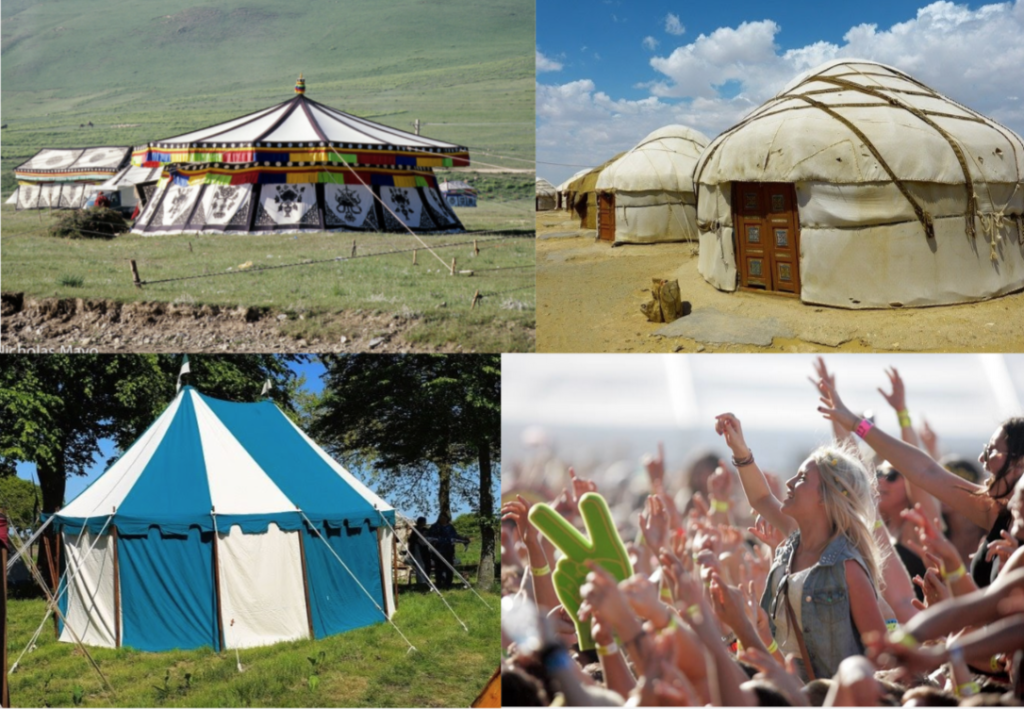
The Technology Enhanced Learning team has been core to the Active Learning Network from its creation in 2017. The network is a group of educationalists who share an interest in active approaches to learning. We have a growing number of satellite groups emerging in universities through the UK, as well as involvement from India, Cambodia, China and other countries. The ethos of the group can be expressed through John Dewey’s maxim, “Give the pupils something to do, not something to learn”. The nature of the task we ask students to do should demand deep thinking and learning naturally results.
Online Festival of Learning
When the Active Learning Network set up the Online Festival of Learning we had a number of concerns including:
- How could we make it work when we could not be face-to-face?
- How could we make it work for people in different time zones?
- How could we make it feel like a festival and avoid it feeling like a conference?
One important factor was that we didn’t have a budget, we didn’t want to charge people and so everything needed to be done for free. Consequently, core to our efforts would be the technologies that we put in place to support the festival and these ended up being: FlipGrid, Google apps, Zoom and Wonder.me.
Submissions
In order for potential session facilitators to propose submissions we created a Google form, which invited people to fill in the relevant information. We recommended formats such as Campfire (storytelling with an opportunity for participants to tell their own stories), Birds of a Feather (sessions without a pre-planned agenda designed to encourage discussion and networking), Solution Rooms (designed to provide peer-supported advice on individuals’ problems) and Hyde Park Corner Debates (a central theme or question where two speakers debate for and against). Once the potential session facilitators had submitted their proposals we reviewed each of them and fed back further ideas of how their session could fit the festival theme and ethos using a shared Google Slide deck.
Festival Itinerary
We put together the festival itinerary bearing in mind that some of the participants might not be in the UK and might be in timezones ahead of us or behind us. The festival lasted a week and we had 9am morning and 5pm evening slots. These times would allow participants from outside the UK to come to at least a morning or evening session each day and participants in the UK could have a full day’s work and be able to relax into our sessions without competing work distractions. We used the Google Slide deck where we had given facilitators feedback to construct the itinerary. It was versatile enough to enable facilitators to respond to reviewers’ questions, add photos and so on. This was a big time saver and provided us with an inclusive and colourful itinerary to be shared with participants. It was also navigable and was easy to find when sessions were and what they were about.
Introductions
Given the festival was at either end of the day for people from all over the world to join, it didn’t make sense to have just one slot for introductions so in the spirit of blended learning and flipped classrooms we used an asynchronous introduction space on FlipGrid. The organising committee all made three videos of themselves, one introducing themselves, a second saying what they were excited about and a final one recommending a festival theme song. All festival participants were invited to do the same.
Zoom sessions
In order to deliver the festival activities we used the Zoom platform. The most sessions we ran concurrently was three so we set up three zoom meetings, with no set time and reused them. That made it easy for us to administrate and easy for participants to join. To give it a festival feel we gave each of the three meetings the name of a tent.
Collaborative writing
In the spirit of multiple forms of delivery, we wanted to include a collaborative writing platform and offered participants the opportunity to contribute to our collaborative book by adding a hundred word summary of a short idea for putting active learning into practice. A number of the sessions introduced the idea of collaborative writing and participants were regularly offered the opportunity to submit their ideas.
After hours socials and Festival Spirit Circle
Each evening at the end of the afternoon session we had an after hours social using the wonder.me app. This is a visual app that allows groups of people to easily meet and talk in groups. We closed the week with a festival of learning spirit learning where we all shared what we had got from the festival. We had a shared Google Spreadsheet where we shared thoughts and musings.
Summary
The festival of learning was a great success and a great ambassador for, and example of, active learning. We utilised a number of free services to put on an event which was enjoyed by over 300 participants over the week. It was a different sort of event where we all learned a little more about the importance of fun and innovation in teaching for deep and meaningful learning.


